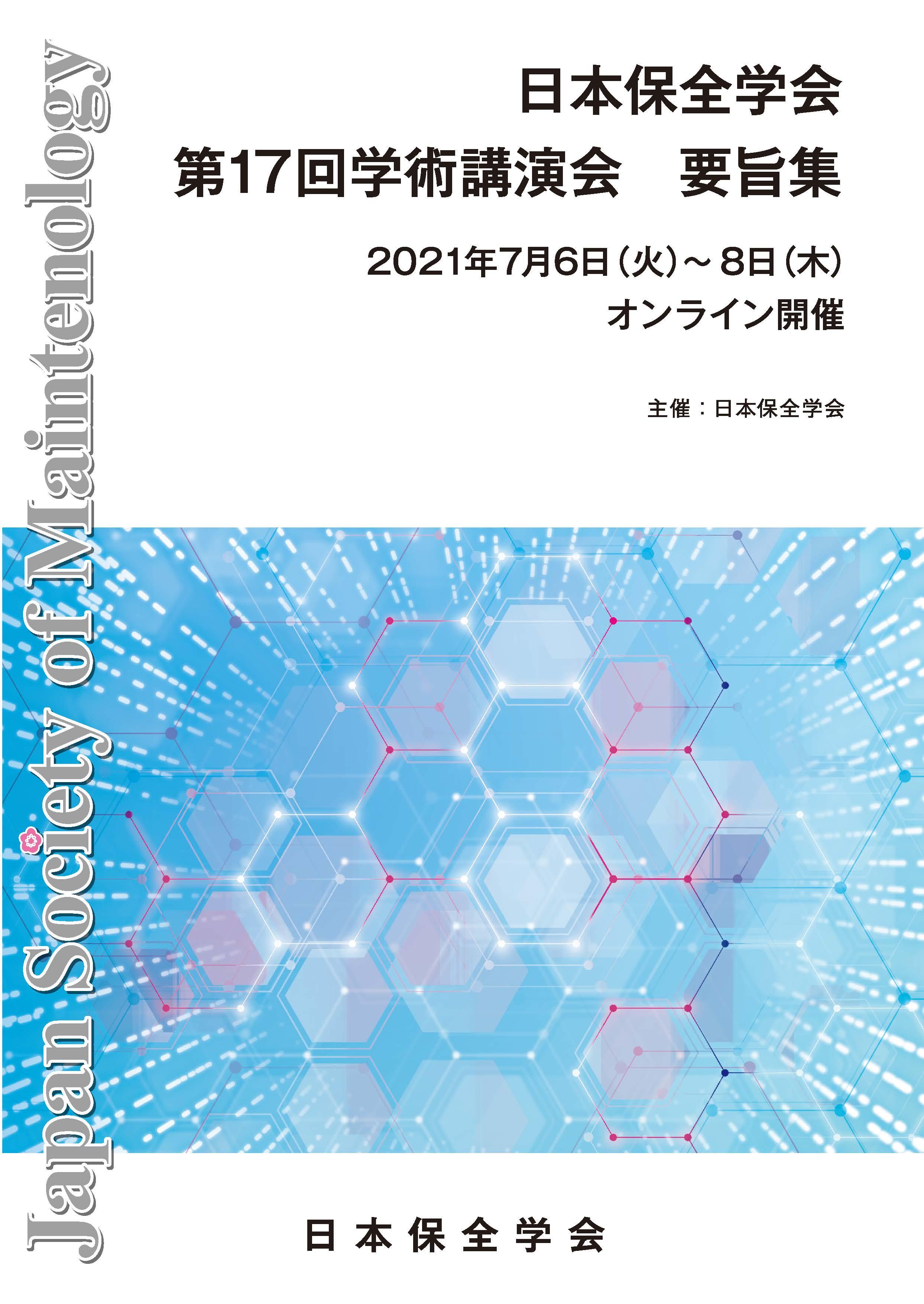理想化陽解法FEMによる円筒多層溶接継手の大規模3次元残留応力解析
概要
Thick plates are used in steel structures of nuclear power plants, and multi-layer welding is used in their manufacturing methods and assembly. However, when the welds are constructed, residual stresses are generated near the welds that may cause stress corrosion cracking and fatigue cracking. Currently, numerical analysis using the nonlinear finite element method (FEM) based on thermo-elastic plastic analysis theory is commonly used as a method for predicting weld residual stress, but the calculation time required for the analysis is problematic due to the enormous amount of calculation required. In this study, the idealized explicit FEM, which is a fast and memory-saving method, is applied to the residual stress problem in multi-layer welding of cylinders, and the effects of work-hardening model and grouping on the residual stress are discussed, considering a three-dimensional moving heat source.
